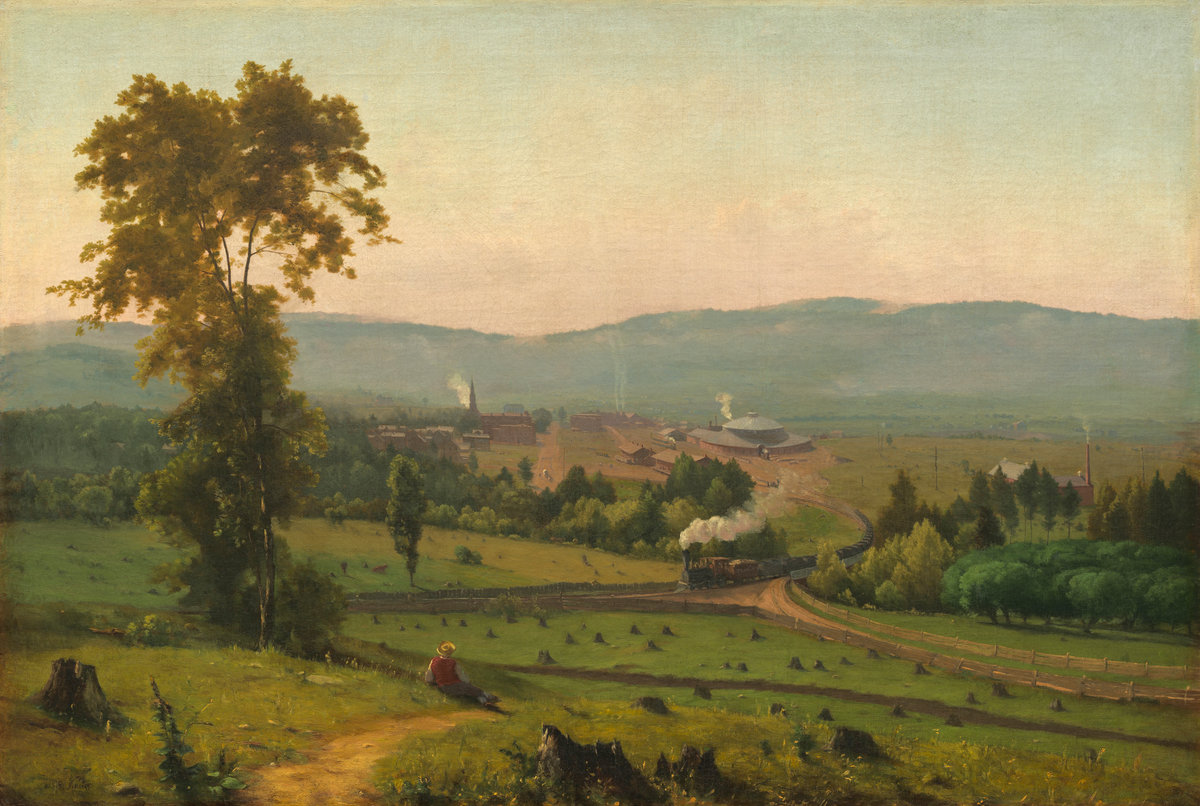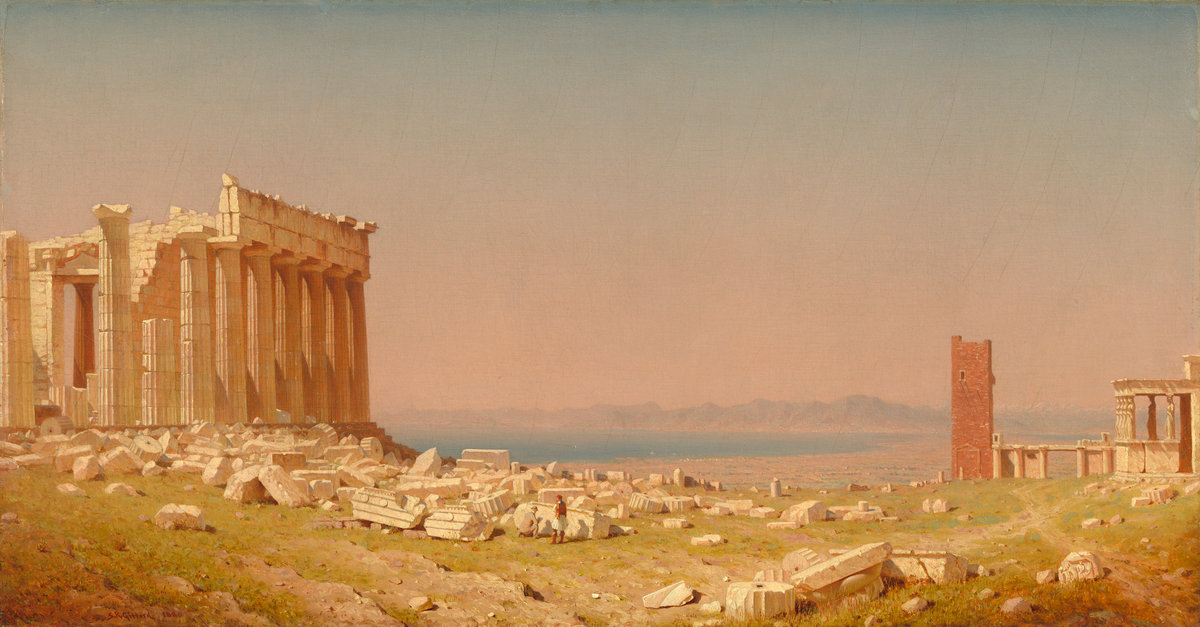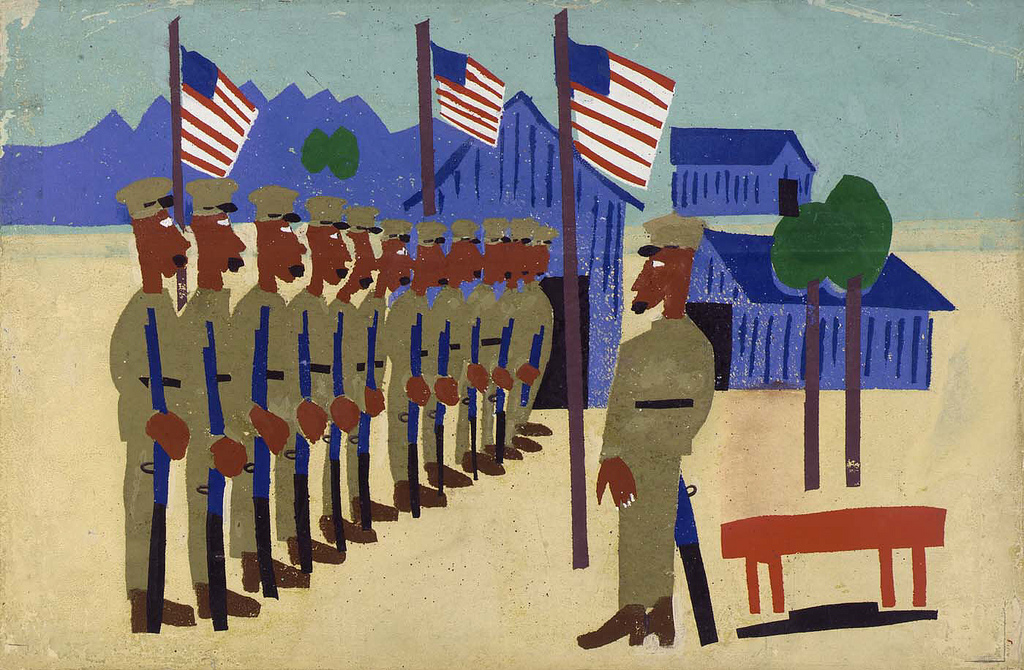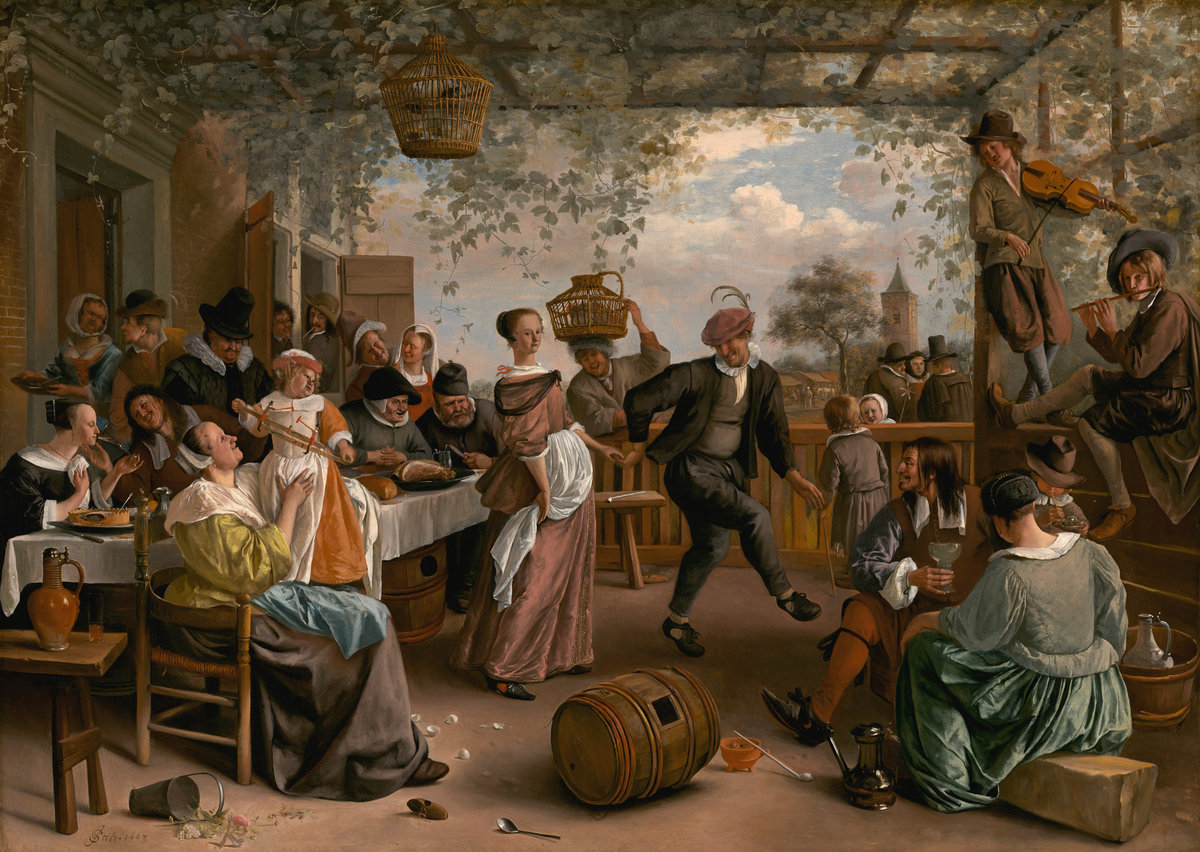By Patrick Pierson.
The president of Mauritius, Ameenah Gurib-Fakim, is stepping down amid an ongoing financial scandal. Protests against Togo’s president, Faure Gnassingbe, persist, while Ghana continues to try and help broker a deal. The opening of a new embassy in Dakar signals ongoing efforts to enhance bilateral relations between the United Arab Emirates and Senegal. Civil society leaders in Gabon are calling for the release of all political prisoners. The ‘Anglophone crisis’ in Cameroon doesn’t appear to be going away anytime soon. Amid ongoing anti-terrorism efforts in the Sahel, the US Department of Defense is now providing danger pay for service members in Cameroon, Niger, and Mali. An al-Qaeda affiliate based in Mali has claimed credit for last week’s deadly attack in Ouagadougou, the capital of Burkina Faso. According to a recent report from MSF, brutal militia-led violence continues in the Central African Republic. A leading Catholic bishop in the DRC warns that ongoing violence could spiral into something more in the restive Ituri province. Refugees in the eastern DRC are worried that Congolese authorities are going to forcibly repatriate them to Burundi.
The UK made headlines this week as a former Russian double agent was poisoned with a mysterious nerve agent. Russian Foreign Minister Sergei Lavrov says that claims Russia was behind the attack are mere propaganda. In Spain, women marked International Women’s Day with a millions-strong 24-hour strike. Somewhat paradoxically, Italy has now elected its first black senator – but the Nigerian immigrant-now-senator has come to office as a member of the country’s far right, anti-immigrant party. An extremely high-profile murder trial is underway in Denmark. The first trilateral meetings in six years occurred between Bosnia-Herzegovina, Croatia, and Serbia this week. A number of men in Greece have been formally charged with membership in a neo-Nazi group linked to violent attacks in the country. Tensions between Turkey and Cyprus over oil resources continue.
Israeli and US forces are conducting joint drills to prepare for potential missile threats. Iranian women are going toe-to-toe with the government, and planned marches for International Women’s Day were met with force by police. Officials in Kazakhstan are planning to secure a number of fighter aircraft from their Russian counterparts. Georgia and Azerbaijan look to continue their bilateral military cooperation in 2018. Shiite paramilitary groups have been officially grafted into Iraqi security forces. Pakistan is facing pressure for its strict blasphemy laws. A state of emergency has been declared in Sri Lanka in the wake of attacks by the Buddhist majority on the Muslim minority group.
After Filipino president Rodrigo Duterte’s recent attacks against UN human rights activists, the UN High Commission for Human Rights has said that Duterte should see a psychiatrist. A leading opposition figure in Cambodia has been denied bail by the country’s supreme court. In a first since the Vietnam War, a US warship has docked in Vietnam. UN human rights officials continue to call for investigations into purported “acts of genocide” in Myanmar. Meanwhile, the government in Myanmar says they want to see “clear evidence” to support the accusations. Polarization is increasing in the run-up to August elections in Malaysia. Officials in South Korea are taking new steps to combat sexual assault against women in the workplace. Kim Jong-un and President Trump look set to meet in coming months to discuss denuclearization on the peninsula.
An arrest was made this week in connection to the killing of Honduran activist Berta Cáceres over two years ago. How is an ongoing justice experiment faring in Guatemala? Russia is donating a handful of transport military aircraft to Nicaragua. It might be worth your time to keep an eye on the potential for presidential impeachment in Peru. The Venezuelan opposition continues to push back against proposed elections scheduled for later this month. According to one study, Caracas was the most dangerous capital city in the world last year. What’s the connection between gun violence in the US and Brazil? The FARC will no longer have a presidential candidate in this year’s elections.







